Colorado Springs prioritizing over $6 million in federal money for homelessness, affordable housing
COLORADO SPRINGS, Colo. (KRDO) -- City staff began making recommendations to the City Council this week, on how to spend its annual allocation of funding to address homelessness and provide more affordable housing.
The city will receive $6.4 million from the Community Development Block Grant program, by the U.S. Department of Housing and Urban Development.
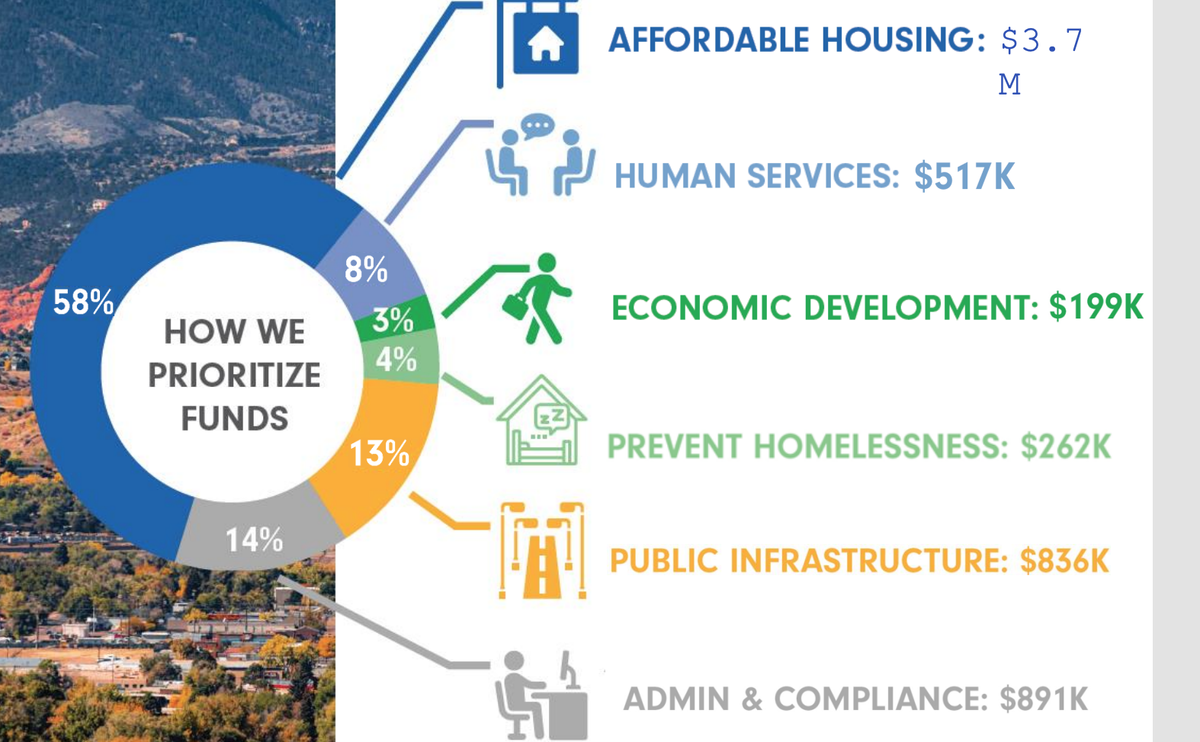
Steve Posey, the city's community development manager, said that addressing and preventing homelessness, as well as increasing the amount of affordable housing, are typically the biggest priorities.
Posey added that the city has met a goal set by Mayor John Suthers, in 2018, of creating at least 1,000 new housing units every year.
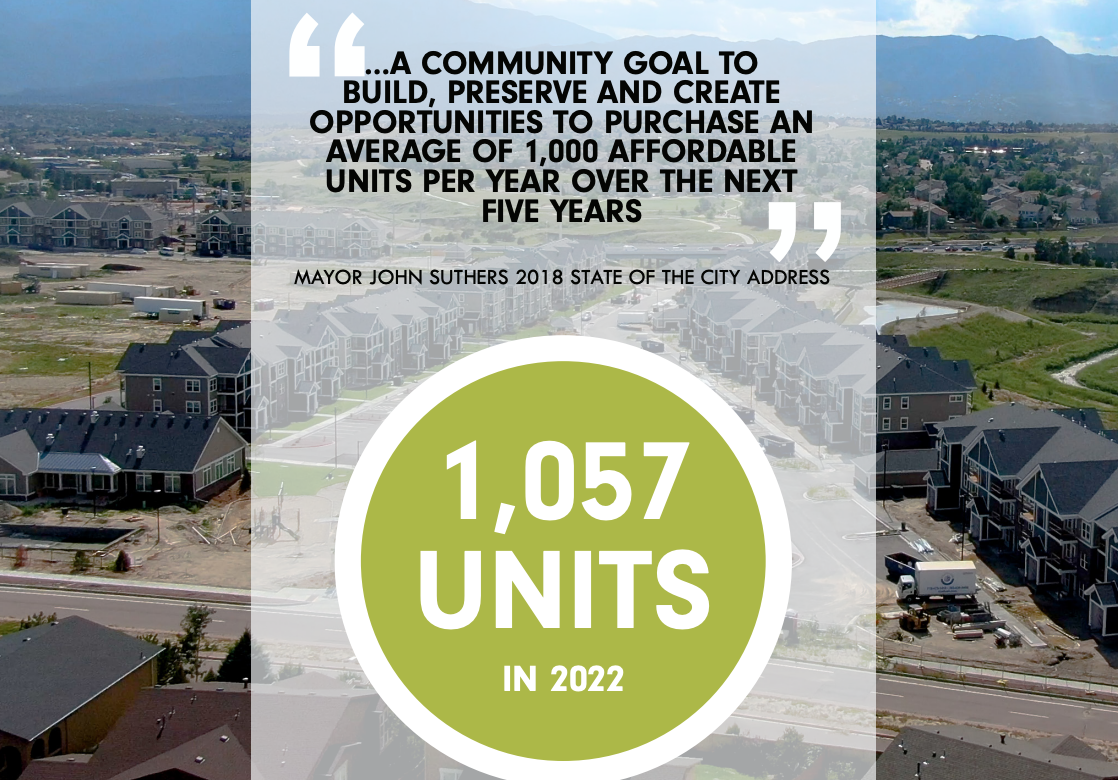
At least three projects creating around 600 affordable apartment units are planned for this year; one such project will be on the site of a former assisted living center on Chelton Road, near the Valley Hi Gold Course.
"With housing being what it is, affordable units like these are necessary and very important," Posey said. "But they're also expensive. A project costs between $20 million and $30 million. The funding we receive covers only a small percentage of that."

Posey also said that he understands the limited availability of homes and the challenge for first-time homebuyers to buy them, remain an issue.
"Developers might be building only a few at a time," he explained. "I would love to see a proposal to develop a larger number of single-family homes that would be affordable."
Evan Caster, a senior manager with the Community Health Partnership, helped organize this week's annual Point in Time survey that tries to count the number of people experiencing homelessness in El Paso County.
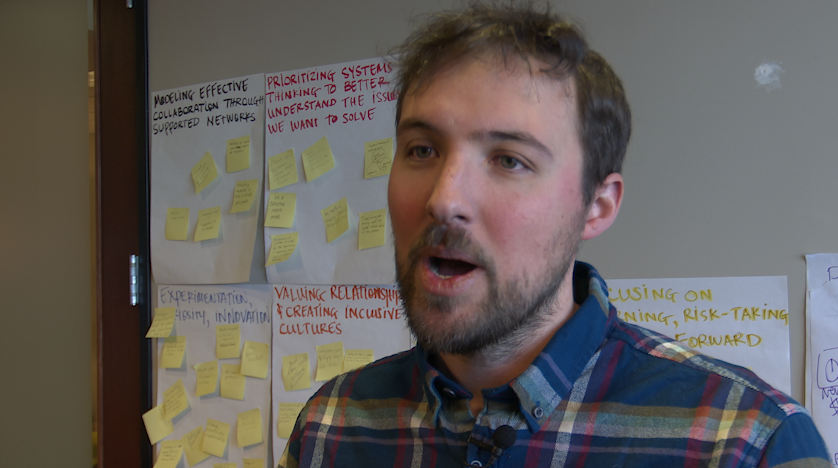
"We saw a 30% drop in numbers last year, compared to before the pandemic," he said. "It could be because more people are unaware of the services available, or don't seek help. But I choose to believe that it's because more people are getting off the streets and out of homelessness. So, getting the funding to support local service providers is really important."
Caster said that the survey results should be released in late spring.
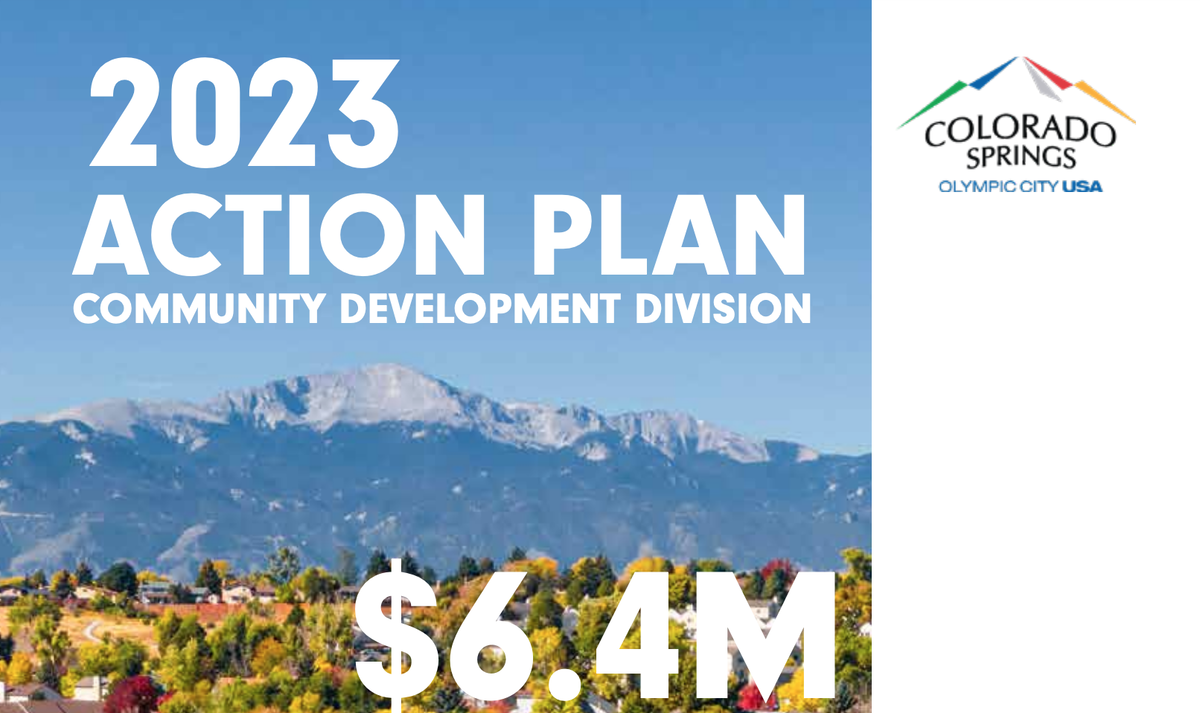
Some of the funding will be allocated to other purposes, such as projects to improve neighborhoods and help people who have special needs or are from low-income households.
"One example is when we took a block of Dale and Yuma streets," Posey said. "We improved driveways and bus stops to help people safely access public transportation from their homes. It's worth noting that the driving force for this funding is feedback from neighborhoods regarding what's most important to them."
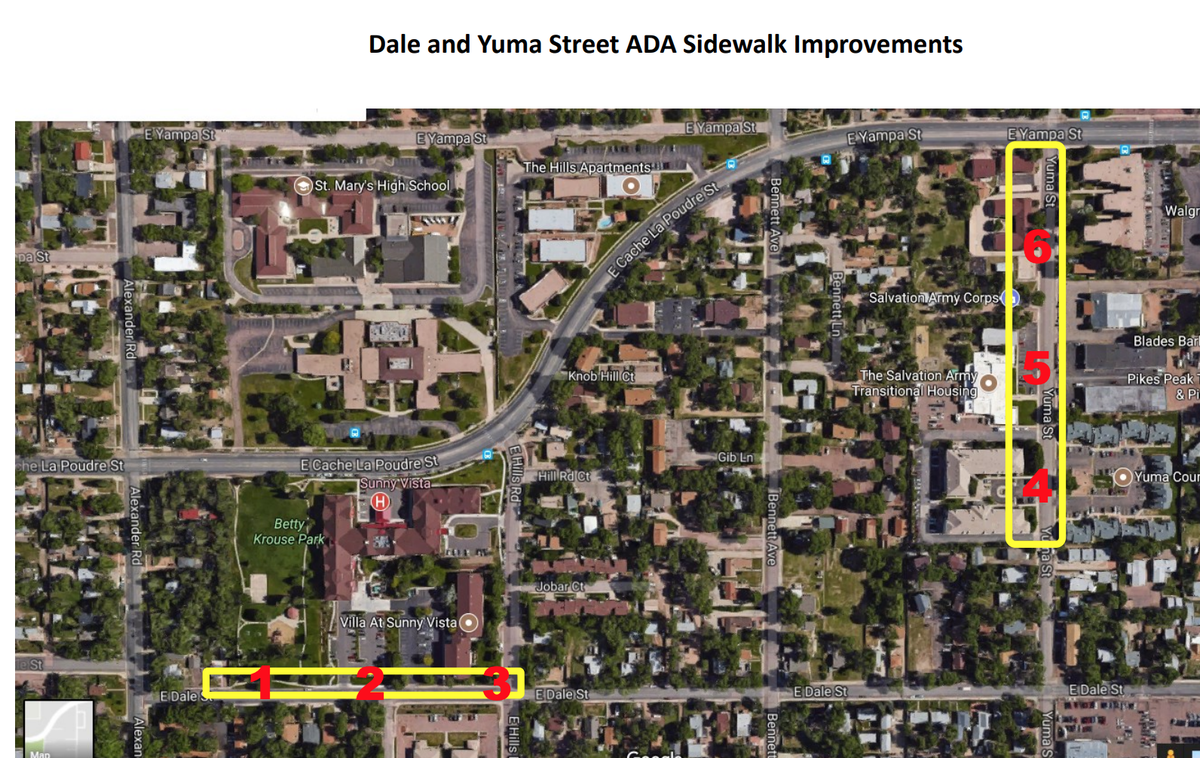
The $6.4 million is around what the city receives every year, he added, with the exception of an additional $10 million during the pandemic.
